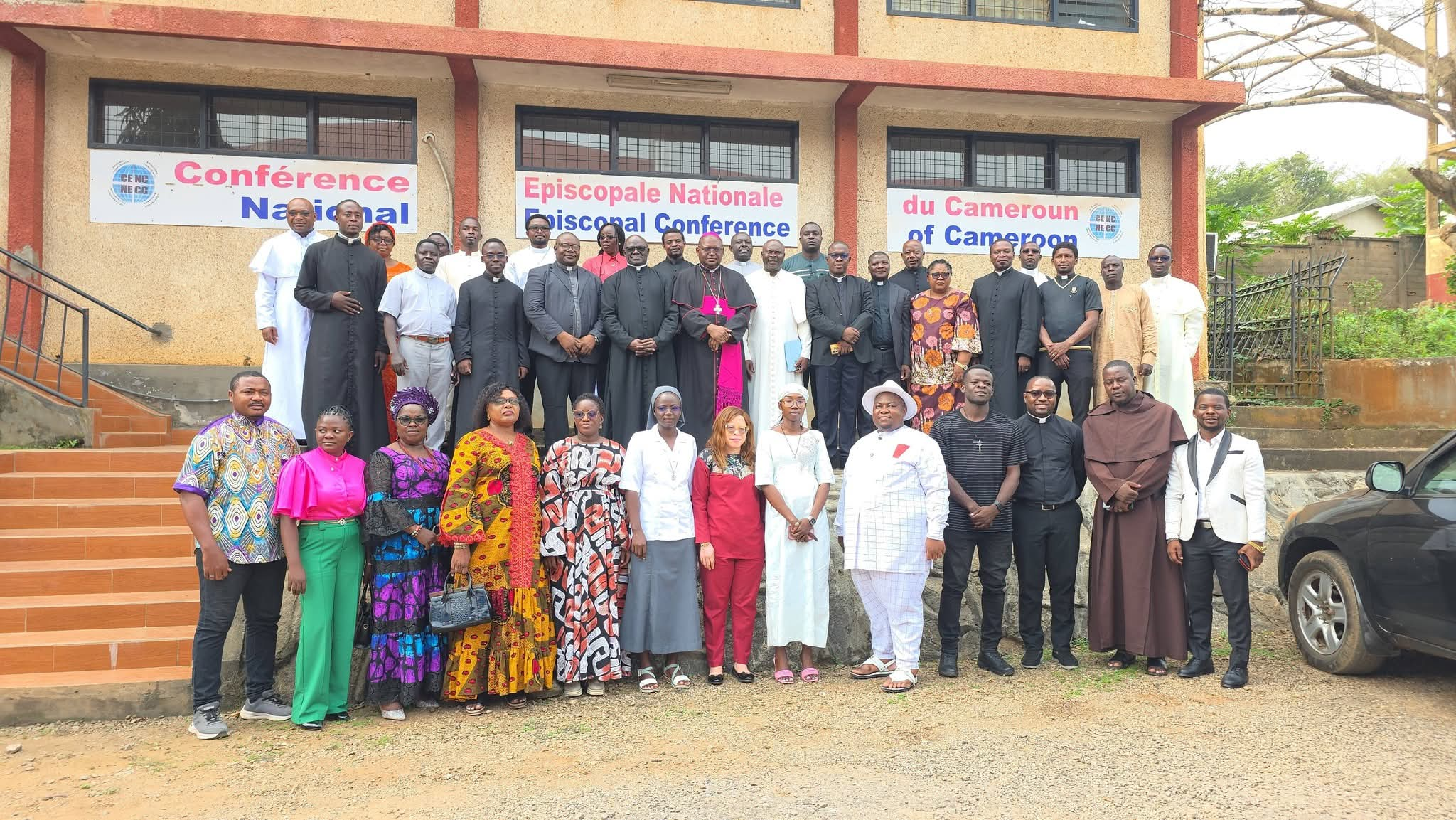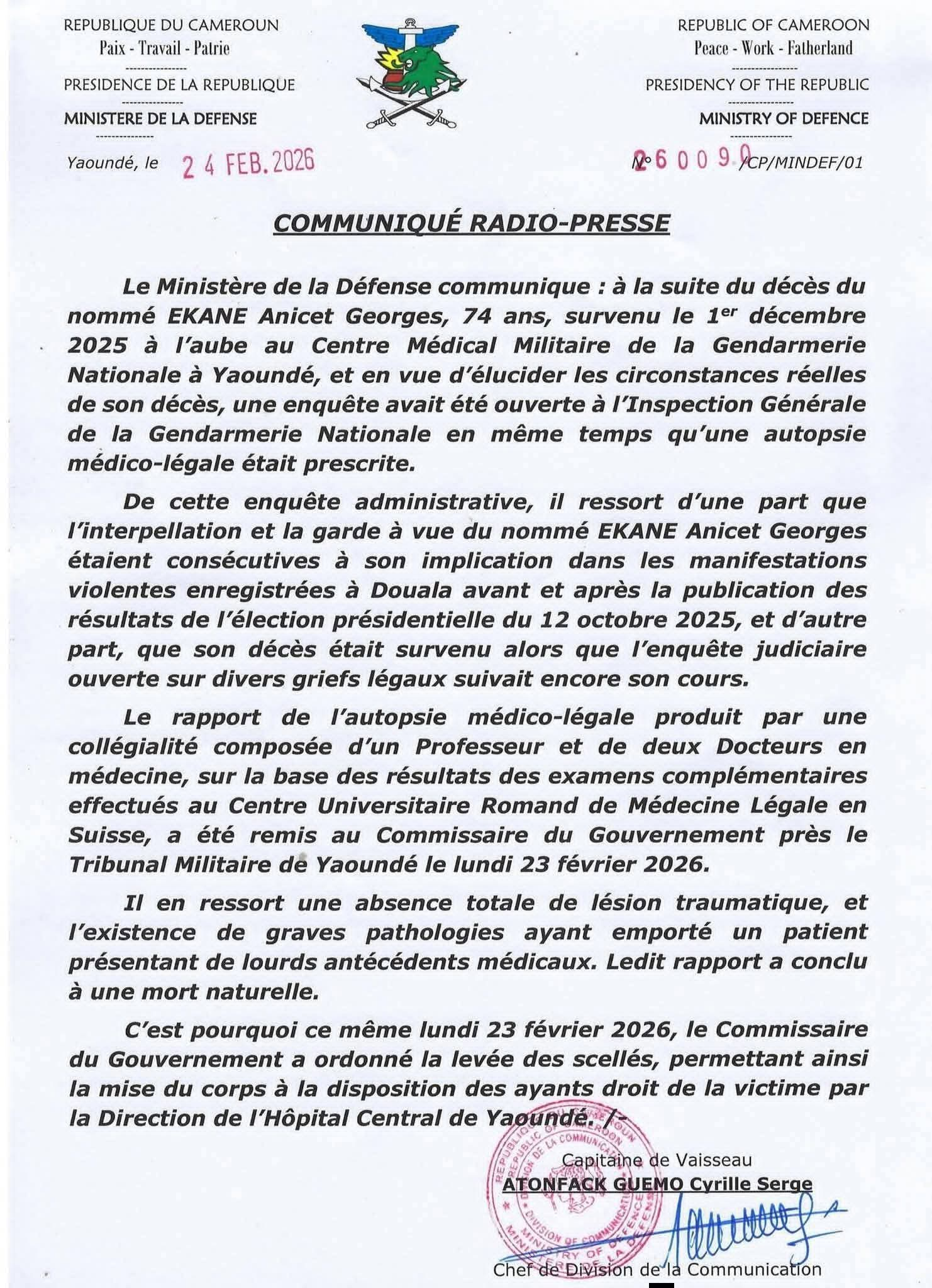The Support Group for Islam and Muslims (GSIM) wants to strengthen its foothold in the region of Ménaka, considered as the stronghold of the Islamic State in the Sahel (EIS).The last time he gave a sign of life was in Taglith, in the region of Kidal, to celebrate the release of a hundred GSIM members through the exchange of prisoners between Bamako and the Sahelian affiliate of Al Qaeda in the Islamic Maghreb (AQIM) in October 2020. This transaction allowed the French humanitarian Sophie Pétronin, in the hands of the GSIM since December 2016, to regain her freedom as well as the Malian politician Soumaila Cissé, who died of Covid-19 on 25 December 2020.
Last Sunday, Iyad Ag Ghali reappeared once again in Ménaka, in northeastern Mali, surrounded by two of his most important lieutenants, Abdallah alBakay and the emir of Ménaka, Abou Daoud, according to Wassim Nasr, a journalist at France24 and specialist in jihadist movements. The jihadist leader went there to accept the allegiance to the GSIM of “notables” belonging to Azawagh tribes in eastern Ménaka, not far from the Niger border.
Frustrated MSA-D members
According to our information, these are former members of the Movement for the Salvation of Azawad (MSA-D), which was born out of a split in the National Movement for the Liberation of Azawad (MNLA).
In conflict with the leaders of this Tuareg movement, whom they accuse of having abandoned them to their fate after a setback against the Islamic State in the Sahel (EIS), formerly known as the Islamic State in the Great Sahara (EIGS), they have come closer to the GSIM. Talks with the jihadist coalition led by Iyad Ag Ghali, a Tuareg from the powerful Ifoghas tribe, began last year and continued until early this year. Security sources say it was “in early January that the allegiance” of these Tuareg warlords was accepted by Iyad Ag Ghali. Journalist Housseyne Ag Issa, claims on Twitter that the video was shot on 21 January 2023.
A win-win deal
He explained that the adhesion of these “notables” to the GSIM was foreseeable because “these communities have been easily subjected to massacres” by “the Islamic State and its allied militias for years”, alluding to a series of exactions carried out by the EIS since March against the Daoussahak. Last October, Human Rights Watch, a human rights organisation, published a report stating that several hundred civilians from this community have been systematically targeted by the EIS, while local sources mention a thousand civilians killed in the same period. In the same month, the GSIM and EIS clashed in localities in Ménaka. Each group claimed victory in these battles without providing proof.
However, what is unambiguous is the importance for the Al Qaeda affiliate of the Ménaka region, which is considered the stronghold of the rival group. However, in order to establish influence and “further assert his local roots in order to counter the advance of the EIS towards the north, Iyad Ag Ghali needed “men of the seraglio”. This he has just found through these former “notables” of the MSA- D and their heavily armed fighters on board their pickups.




